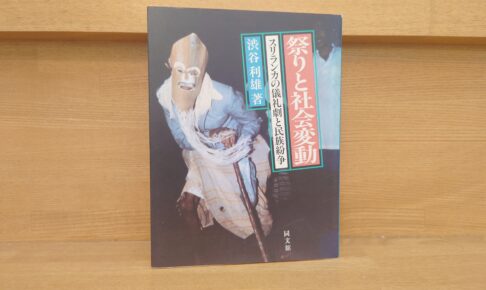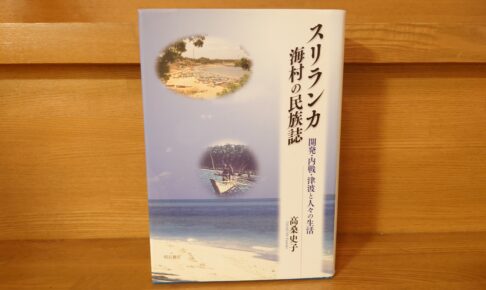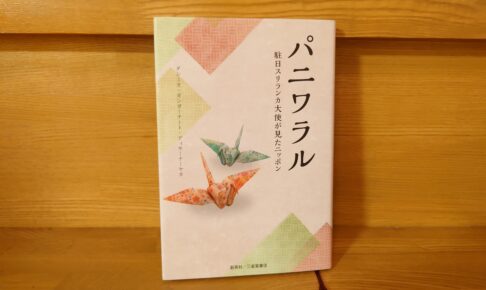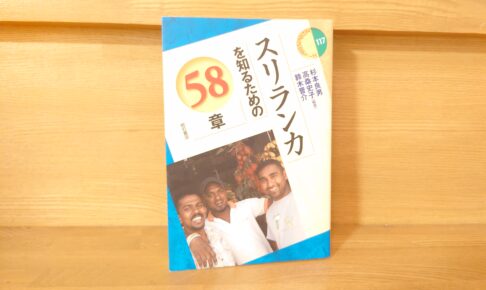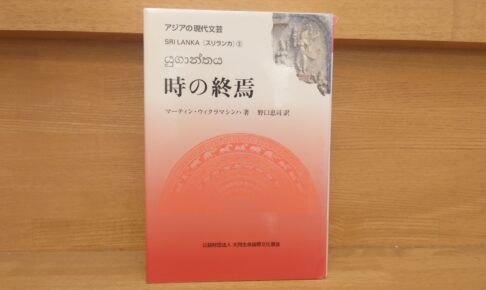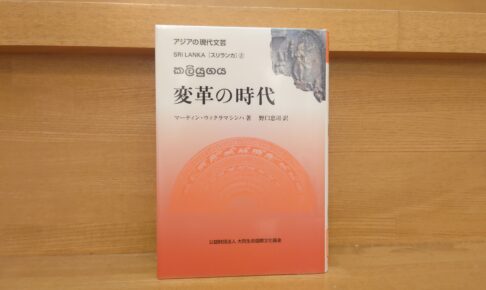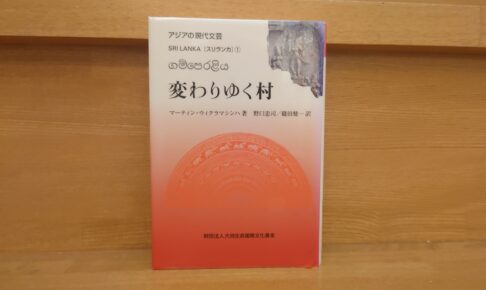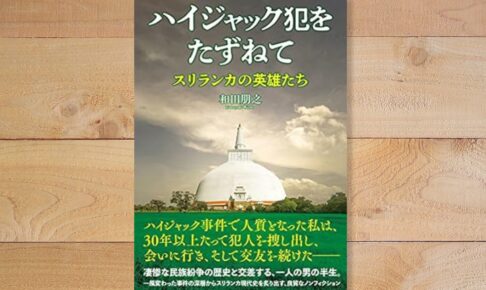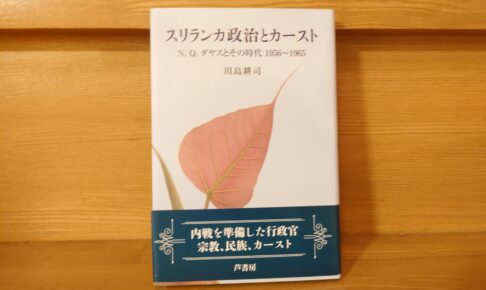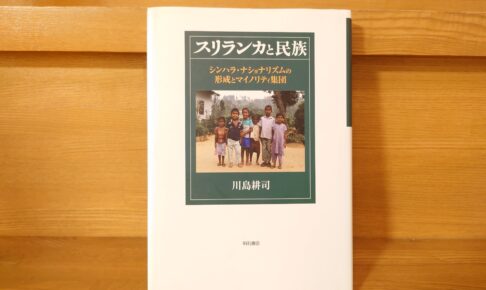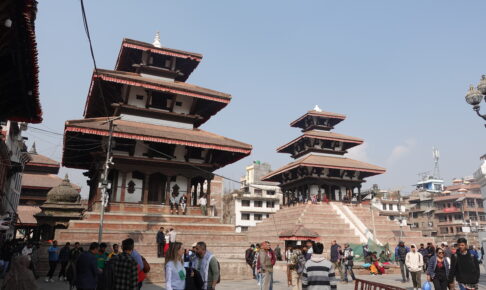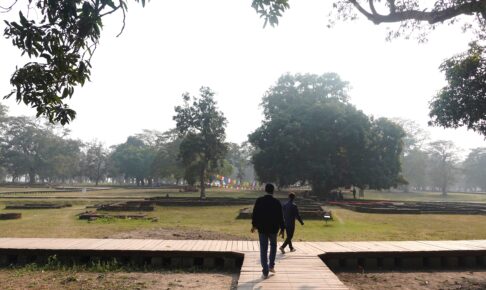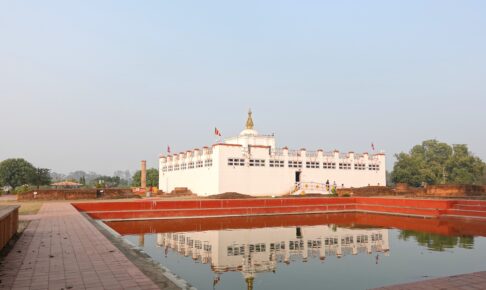Toshio Shibuya, "Festivals and Social Change: Ritual Drama and Ethnic Conflict in Sri Lanka" - Recommended for learning about the background of traditional culture and conflict in Sri Lanka.
In this book we will look at people's lives in a rural village. The discussion of ritual drama, which is also the title of this book, is particularly valuable. You will be amazed at the deep significance of these seemingly unscientific traditional rituals and the complex social conditions they reveal in Sri Lanka.
For more information on these traditional rituals, I also recommend Noriyuki Ueda's "Sri Lanka's Exorcisms," which I have previously introduced in this blog. Reading the two books as a set will surely deepen your understanding.
Why not pick one up?












